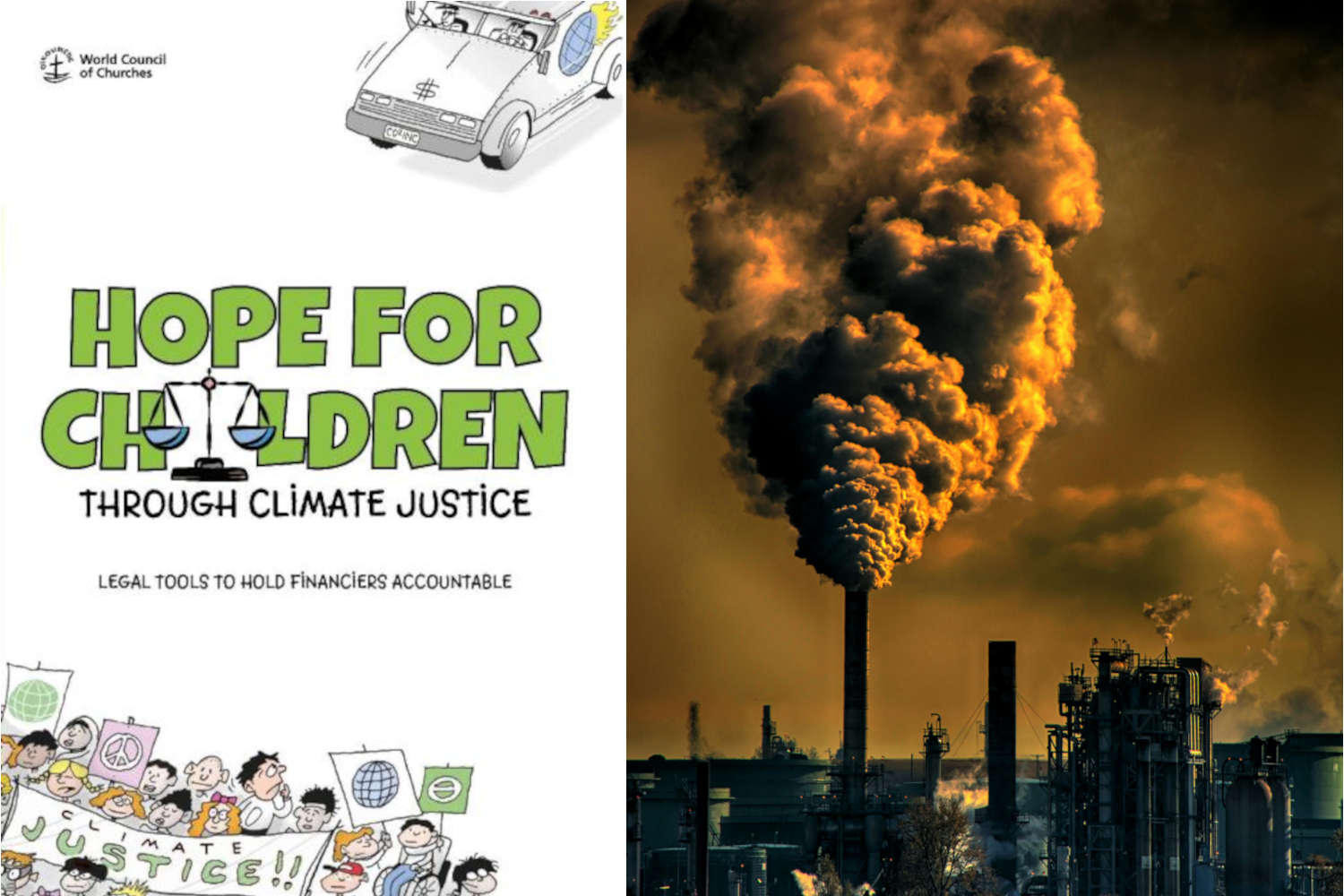The World Council of Churches has published a handbook encouraging Christian communities to take legal action against companies and financial institutions responsible for pollution

@World Council of Churches @Chris LeBoutillier/Pexels
In recent years, the climate crisis has become an increasingly urgent issue, prompting many organizations to seek new tools to address it. Among them, the Ecumenical Council of Churches has recently published a guide encouraging Christian communities worldwide to take legal action against companies and financial institutions responsible for pollution.
Climate justice manual: a call for legal action
Based on Christian teachings on justice and responsibility toward the planet, the Climate Justice Manual proposes strategic litigation as a means to drive change and push companies to reduce their environmental impact. According to the Council, legal action can not only impose new regulations on major polluters but also influence public debate and encourage the transition to a more sustainable economy.
Legal action is key to changing global dynamics
In recent years, climate justice lawsuits have increased significantly, targeting not only fossil fuel companies but also financial institutions that support them. The manual highlights that going after investors and banks can have a broader impact than directly targeting individual oil companies because it alters economic dynamics on a global scale.
Religious support for legal action: a historical precedent
The initiative by the Ecumenical Council of Churches is not an isolated case. Religious organizations have supported legal action in the past to protect vulnerable communities from the effects of climate change. One example is the lawsuit filed by the residents of an Indonesian island against the Swiss cement giant Holcim, with the support of Swiss Church Aid.
However, the manual does not only promote litigation. Churches are also urged to pressure banks and financial institutions, report harmful investments to the relevant authorities, and continue disinvesting from fossil fuels.
In the foreword of the document, Ugandan activist Vanessa Nakate emphasized that Christianity should promote a model of responsible resource management, opposing uncontrolled exploitation for personal profit. According to Nakate, churches play a crucial role in leading the way toward a more sustainable and equitable approach.
Source: World Council of Churches
